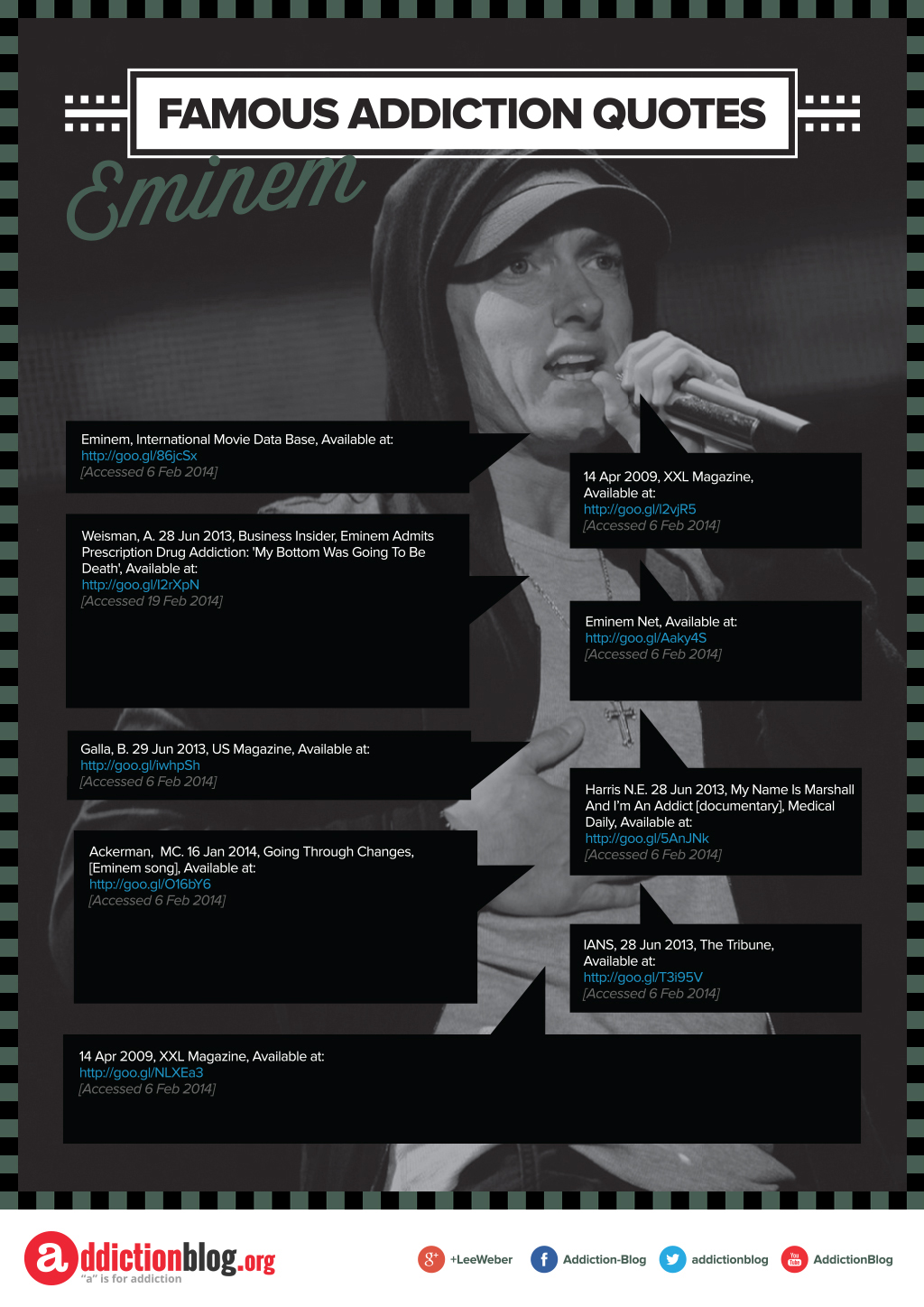Taking Care Of Triggers And Wishings After Finishing Drug Recovery
Taking Care Of Triggers And Wishings After Finishing Drug Recovery
Blog Article
Post Written By-Iversen Cash
You have actually finished Drug rehab and taken a substantial step in the direction of a healthier way of life. And now, facing triggers and food cravings post-rehab can be a challenging trip. How do you browse via these minutes without compromising your development? Understanding the techniques to manage triggers and desires is important in preserving your soberness. Let's check out effective methods to deal with these challenges and guard your newly found commitment to living a drug-free life.
Recognizing Triggers and Cravings
To effectively manage your triggers and cravings, begin by identifying the situations or emotions that result in your need to use. Take a minute to review what conditions or feelings trigger your desires. Is it tension, monotony, social situations, or specific places? By pinpointing these triggers, you can much better prepare yourself to cope with them.
Triggers can be both internal, such as adverse feelings or physical discomfort, and outside, like being around individuals that use substances or seeing a certain location.
Take notice of patterns in your food cravings-- are they much more frequent at certain times of the day or in action to particular events?
Structure Healthy Coping Approaches
Identifying your triggers and cravings is the first step in the direction of building healthy coping approaches to handle them effectively. Once you understand what circumstances, emotions, or people cause your cravings, you can start establishing a plan to address them.
One effective technique is to change negative actions with positive ones. For example, if tension sets off cravings, exercising relaxation strategies like deep breathing or reflection can help. Engaging in physical activities such as workout or opting for a walk can likewise be a great way to cope with yearnings.
you can find out more of building healthy coping approaches is to develop an encouraging atmosphere. Border yourself with people who recognize your trip and can give encouragement and accountability. It is necessary to establish boundaries with individuals that may not sustain your healing.
Furthermore, developing a routine that consists of healthy routines like routine workout, correct nutrition, and adequate sleep can help you stay on track and lower the chance of experiencing triggers and yearnings.
Seeking Support and Responsibility
Creating a network of encouraging people that can supply encouragement and hold you liable is critical in managing triggers and yearnings successfully. Seek out pals, relative, or a support system that recognize your trip and can use support when you face challenging scenarios.
Having somebody to talk to during moments of temptation can make a significant difference in remaining on track with your healing. https://writeablog.net/jae05darrin/getting-over-drug-dependency-a-trip-of-recovery can assist you stay concentrated on your objectives and advise you of the reasons why you picked to look for assistance to begin with.
They can likewise assist in creating a structured strategy to cope with triggers and desires, such as establishing alternative tasks or dealing mechanisms to change the urge to utilize medicines. Routine check-ins with your support system can offer reassurance and motivation, aiding you feel less isolated in your recuperation trip.
Final thought
Bear in mind, acknowledging and coping with triggers and cravings after Drug rehabilitation is a key element of preserving soberness.
By determining your triggers, developing healthy and balanced coping strategies, and looking for support from loved ones or support groups, you can browse with challenging minutes and remain concentrated on your soberness objectives.
Keep in mind, you aren't alone in this journey, and with the right tools and assistance, you can get rid of lures and live a fulfilling, drug-free life.
Stay strong and maintain moving forward.
